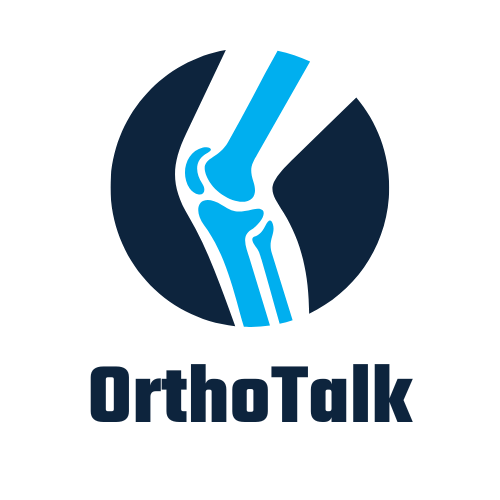Best Orthopedic Doctors in Mehrauli
Are you looking for orthopedic doctors in Mehrauli to help you with your back pain, neck pain, or more severe conditions like arthritis, etc.? We listed experienced orthopedic surgeons who have worked/are working with some of the biggest hospitals in India and are in the best position to help you out.

Dr. Gaurav Khera
An Orthopedic surgeon offering world class surgeries in Trauma, Replacements and Spine at leading hospitals in New Delhi
~ ₹1000 Consultation fee at clinic

OrthoTalk
India
Orthopaedic Doctor in Jor Bagh
12 years experience overall
~ ₹400 Consultation fee at clinic

Dr. Nikunj Agrawal
Amongst the best Joint Replacement and Orthopaedic Surgeon in Delhi NCR who is specialized in Arthroplasty, Adult Reconstructive and consultancy.
~ ₹600 Consultation fee at clinic
13 Top Orthopedic Doctors Near Me in Mehrauli
#1 Dr. Gaurav Khera
An Orthopedic surgeon offering world class surgeries in Trauma, Replacements and Spine at leading hospitals in New Delhi
#2 Dr. Pardeep Bageja
An experienced surgeon having more than 15 years of experience in Orthopedics.
#3 Dr. Shiv Chouksey
A leading name when it comes to speciality of arthroscopy of knee, shoulder and ankle treatment in India
#4 Dr. Nargesh Agrawal
A leading name when it comes to speciality e.g. in pediatrics orthopaedics treatment in India.
#5 Dr. Atul Kumar Garg
Has vast clinical and surgical experience of Orthopedics of more than 15 years.
#6 Dr. Mohan Chand
An Urologist and has an experience of 54 years in this field. He completed MBBS from University of Calcutta in 1968,MS
#7 Dr. Nikunj Agrawal
Amongst the best Joint Replacement and Orthopaedic Surgeon in Delhi NCR who is specialized in Arthroplasty, Adult Reconstructive and consultancy.
#8 Dr. Palash Gupta
An internationally trained and experienced Joint Replacement Surgeon, particularly the knee, shoulder and ankle, as well as in joint
#9 Dr. Ishwar Bohra
An Orthopedist in Pusa Road, Delhi and has an experience of 22 years in this field.
Frequently Asked Orthopedic Questions
Arthritis: Arthritis is a common cause of knee pain, especially in older adults. Osteoarthritis, rheumatoid arthritis, and gout are all types of arthritis that can affect the knee.
Bursitis: Bursitis is inflammation of the bursa, a small sac of fluid that cushions the joint. The bursa is between the skin and the tendons or muscles around the joint. Bursitis often affects the shoulder, elbow, or hip but can also occur in the knee.
Tendonitis: Tendonitis is inflammation of the tendons. These are the thick cords of tissue that attach muscle to bone. Tendonitis can occur in any tendon but is most common in the Achilles tendon (the tendon at the back of the ankle) and the tendons around the shoulder.
Many factors can affect how long a joint replacement will last. These include the type of joint replaced, age and health of the patient, and the patient’s activity level.
For example, hip replacements tend to last longer than knee replacements, and younger and healthier patients have longer-lasting results. Likewise, patients who lead relatively sedentary lifestyles tend to have longer-lasting results than those who are very active.
Of course, there is always some element of chance involved, even with all of these factors. Some patients may experience complications that require revision surgery.